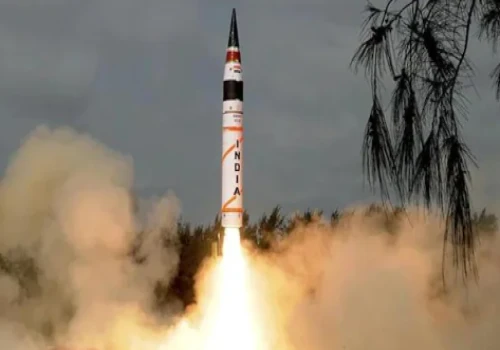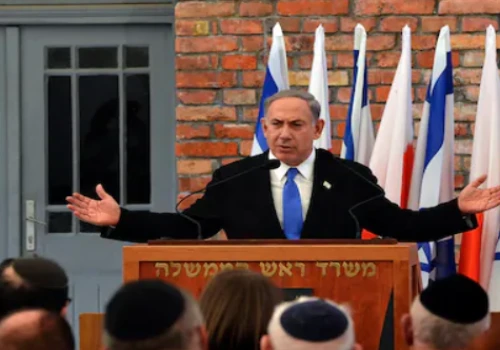
India conducted 'Operation Sindoor' early in the morning of May 7, 2025, against nine terrorist training camps in Pakistan and Pakistan-occupied Kashmir. The 25-minute operation, which began at 1:05 AM, consisted of 24 missile launches and led to the killing of about 70 terrorists, Indian defense sources said.
The strike was in reaction to the April 22 Pahalgam terror strike that killed 26 Indian tourists. Indian intelligence pinpointed the attacked camps as hideouts of organizations such as Jaish-e-Mohammed and Lashkar-e-Taiba, accused of orchestrating the Pahalgam strike.
The attacks were launched in concert by the Indian Army, Navy, and Air Force, representing a serious escalation of India's counter-terrorism campaign. Facilities in Muzaffarabad, Bahawalpur, and Muridke were among the targets, with individual targets like the Sawai Nala Camp and Markaz Taiba being struck.
Pakistan denounced the attack as an "act of war," with 26 civilians dead and 46 wounded. Pakistan's military had shot down numerous Indian planes, a claim unverified by India. Pakistan began retaliatory artillery fire along the Line of Control, leading to further civilian fatalities on both sides.
The global community, the United Nations, the United States, and China have raised concerns regarding the rising tensions and called for restraint by both countries and negotiation to avoid more conflict.
In view of possible retaliatory attacks, India has placed its northern states on high alert, with the suspension of flight operations at 27 airports and the closure of 25 international air routes until May 10. In addition, mock drills and emergency preparedness drills have been staged in various locations, including the temporary closure of Rajasthan's Jaisalmer Fort.
The Indian government has held an all-party meeting to deal with the situation and develop a collective response strategy. Although the immediate threat has been neutralized by 'Operation Sindoor,' the future implications for Indo-Pak relations are questionable, with both countries being nuclear powers and having historically clashed over the state of Kashmir.
As the situation unfolds, the global community remains keenly interested in the region, calling for de-escalation and a peaceful resolution to avoid further loss of life and regional stability.

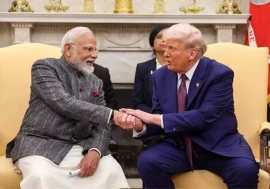

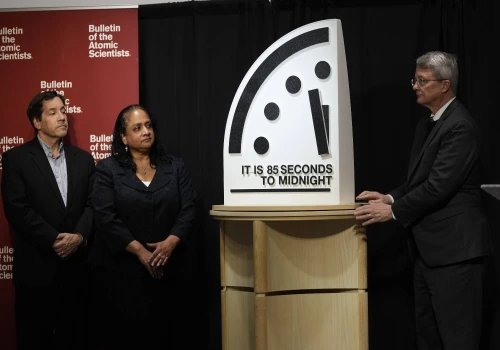
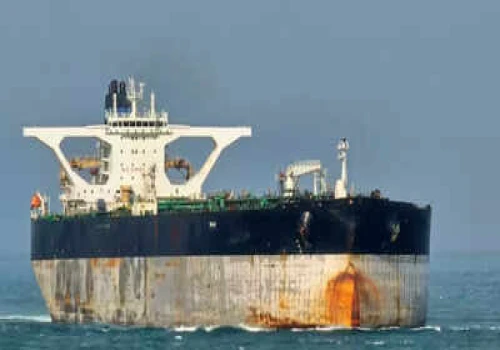
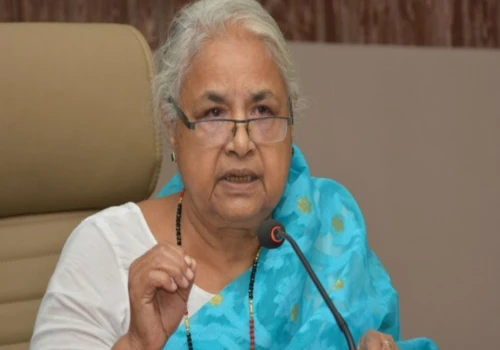
_500_x_350.webp)



